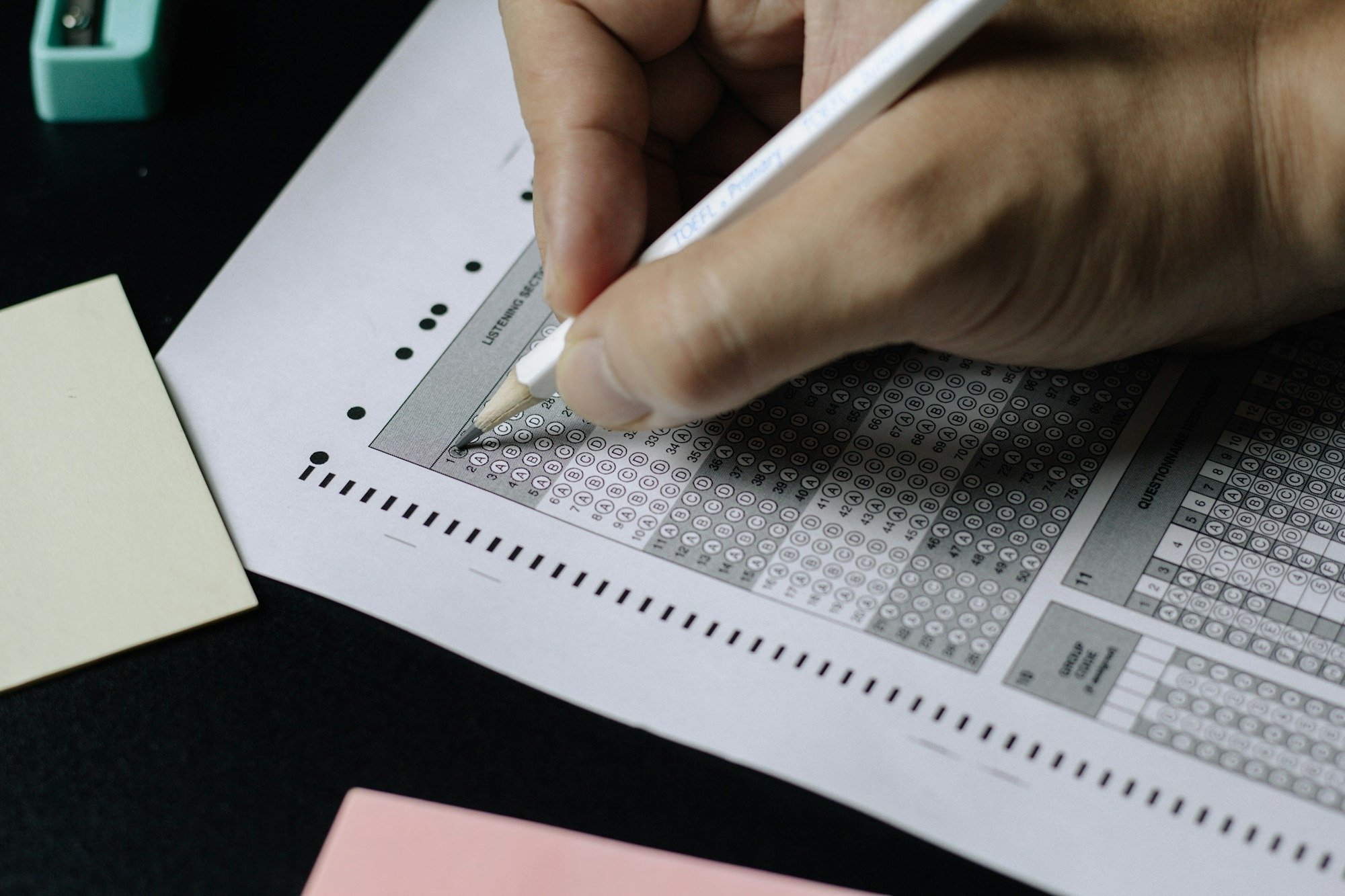Full diagnostic assessments for those aged 8+
A full diagnostic assessment might be just what you need if:
if you'd like an official answer about whether you or your child has a specific learning difficulty, such as dyslexia (age 8+) and/or a profile showing developmental coordination disorder/dyspraxia (aged 16+)
you need evidence of having a specific learning difficulty, such as for university and the Disabled Students' Allowance
you're looking for advice about if there're other potential needs that would benefit from being explored by other professionals

Unlike screenings, full diagnostic assessments usually gives a conclusive answer and potentially a lifelong diagnosis of a specific learning difficulty. Following advice from the UK's professional bodies in 2025, the minimum age for these assessments is 8 years but I offer 2 other services for 6 and 7 year olds (see links on the home page) depending on whether you wish to explore only areas concerning dyslexia or gain a much bigger picture. It is important to note that whilst clients often seek a 'dyslexia assessment', the assessment would focus on various areas including literacy and unpick what is contributing to the reported difficulties. There're various reasons and dyslexia is only one of those.
Developmental coordination disorder/dyspraxia can be diagnosed only through the medical route for under 16s. However, where the family questionnaire indicates a history of motor skill difficulties that have not already been explored, I ask families to complete a comprehensive motor skills screening form and, depending on the responses, I write referral letters and signpost. For those age 16+, I'm qualified to explore if someone has a profile showing developmental coordination disorder/dyspraxia.
How long does the assessment take and what does it involve?
Please read the page HERE about the assessment process.
The assessment usually takes around 2 hours. I strive to make the assessment feel really relaxed but I don't make it longer than it needs to be. Several of the kind testimonials from clients (which can be found HERE) refer to how much I pick up including other learning needs and conditions that might warrant assessments with other professionals. Tasks include various aspects of literacy skills, language/reasoning skills and cognitive processing which, along with background information from questionnaires completed prior to the assessment and observations on the day, will be mapped to the relevant defintion(s). Brief immmediate verbal feedback is offered to explain the conclusion. Having a private assessment does not guarantee being given a diagnosis; it may instead result in a profile of strengths and challenges without a 'label' attached. There're various reasons why, for example, someone may have challenges wtih aspects of literacy skills. Regardless of a formal diagnosis being made, a detailed but very practical report will be sent within 14 days which can be shared with schools, colleges, universities, employers, etc.
How much is the assessment and when do I pay?
The cost of a full diagnostic assessment is £575 although a slight discount is offered where an assessment's already been conducted for someone in the same household or someone has already had a non-diagnostic screening with me.
Regardless of who pays for the assessment, the report goes to the person named on the report or to those with parental responsibility if under 18.
There's no additional fee for referral letters (e.g. ADHD, speech and language) or JCQ form 8s when schools and colleges have agreed before the assessment takes place to work with me regarding GCSE and A' level exam access arrangements.Adults can choose to pay an extra £50 for an executive summary that takes out the personal information from the report.
Family/adult client paying: A £75 non-refundable deposit is paid through the online booking system and I will send you this link once we've established that an assessment with me is the right way to go. The balance must be paid before or on the assessment date via cash, cheque, BACS or debit / credit card (via an emailed payment link). The balance can alternatively be paid in instalments (frequency and amount paid determined by you) as long as the full amount is paid by the assessment date.
Education providers and employers: A payment agreement will be completed prior to the assessment taking place. An invoice is sent after the assessment and full payment is requested within 30 days.
Please see the very last FAQ HERE regarding my cancellation policy.
When's your next availability?
See HOME PAGE
